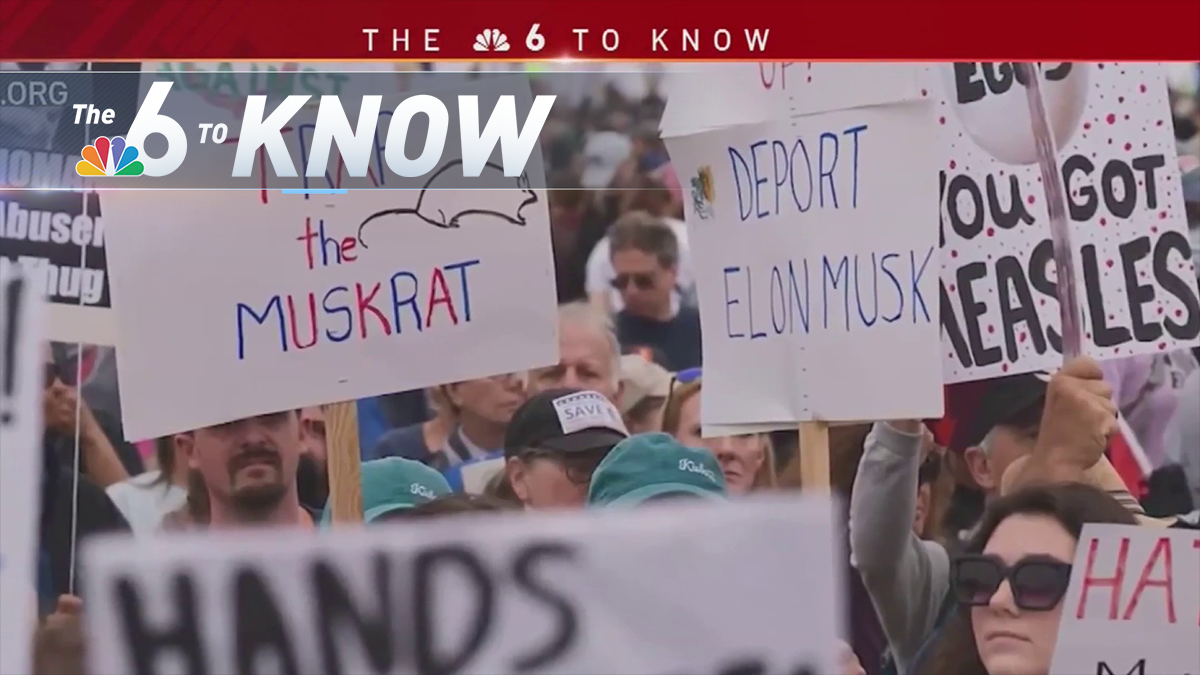Two decades ago, a little boy named Elián Gonzalez was found in the ocean three miles off the coast of Fort Lauderdale.
Today, the story remains one of the largest sagas Miami has ever seen. Not only did Elian's case stir up the Cuban-American community in South Florida, but it was also said to have had an effect on the outcome of the 2000 presidential election, which saw George W. Bush defeat Democratic candidate Al Gore.
Elián's mother and 11 others had drowned during the voyage from Cuba to the United States in November of 1999. Extended family in Little Havana took the child in.
His cousing, Marisleysis Gonzalez, became his guardian and advocated for Elian to permanently stay in the country his mother lost her life coming to. But his father, Juan Miguel Gonzalez, wanted the boy sent back to the communist country to live with him.

A contentious political and family custody battle began-- one that shook the city, bitterly divided friends, families and even newsrooms in their opinions about the matter. The issue caused protests and riots in the city, home to the largest amount of Cuban exiles in the world.
"For me, it was personal," said Jackie Nespral, an NBC 6 anchor who reported on Gonzalez's case as it unfolded. "As a Cuban American, I knew the struggles he and his family had gone through to get him here to this country, but then his father wanted him back."

The federal government weighed in and decided on the side of the father: Elian would be sent back to Cuba. On January 5, the U.S. Immigration and Naturalization Service ruled that Elian's father had custody over the boy.
But his Miami family would not turn him over so easily. Cuban Americans also protested the INS's decision on the streets, resulting in several arrests.
"I'm just praying for this child," Miami Cuban-American Juan Sanifel told NBC 6 at the time as he participated in a protest. "I pray that he can stay in this wonderful country of ours."
Local
Yvette Flexon, another Cuban-American who was at one of the Miami protests, told NBC 6 "I am here to support Elian. Everybody that's here tonight is really just giving it one last shot, and we're just hoping."
On March 29, Miami-Dade County Mayor Alex Penelas joined other civic leaders in a speech in downtown Miami indicating that the municipality would not offer any kind of assistance in taking the boy.
Nonetheless, then-attorney General Janet Reno called on special agents to devise and execute a plan to forcibly remove the 6-year-old from his family's Little Havana home.
NBC 6 spoke to James Goldman, the man who was in charge of the team of special agents, about the raid. He said it was the fastest federal search warrant to be executed in U.S. History.
Goldman said it took a month to develop the plan, which involved about 250 agents.
Just before dawn on Saturday, April 22, 2000, the armed federal agents seized Elián from the home of his relatives. They fired tear gas into an angry crowd as they left the scene with the crying 6-year-old boy.
"The father and son embraced for a significant amount of time," Goldman said of the reunion betwen Elián and his dad. "Both of them were crying. Both of them were clearly excited to see one another."
"I don't think anything should ever stand between a father and a son under any circumstance, under any political theory or condition," Goldman said.
Since the raid, and the famous Pulitzer-prize winning photograph of an armed agent facing a screaming Elián, many in the media have speculated of the political impact the ordeal carried, not just on the Cuban-American community and U.S. policy towards Cuba but also on the 2000 presidential election.



